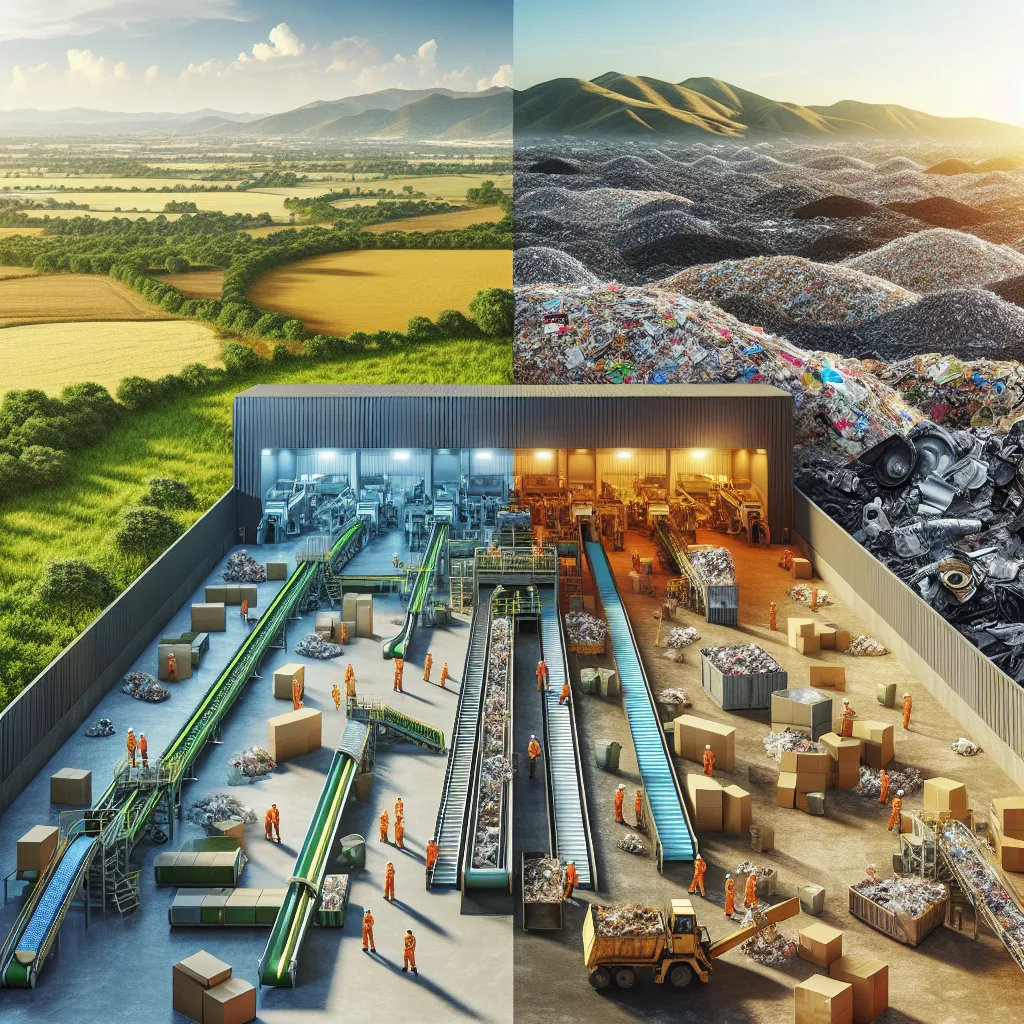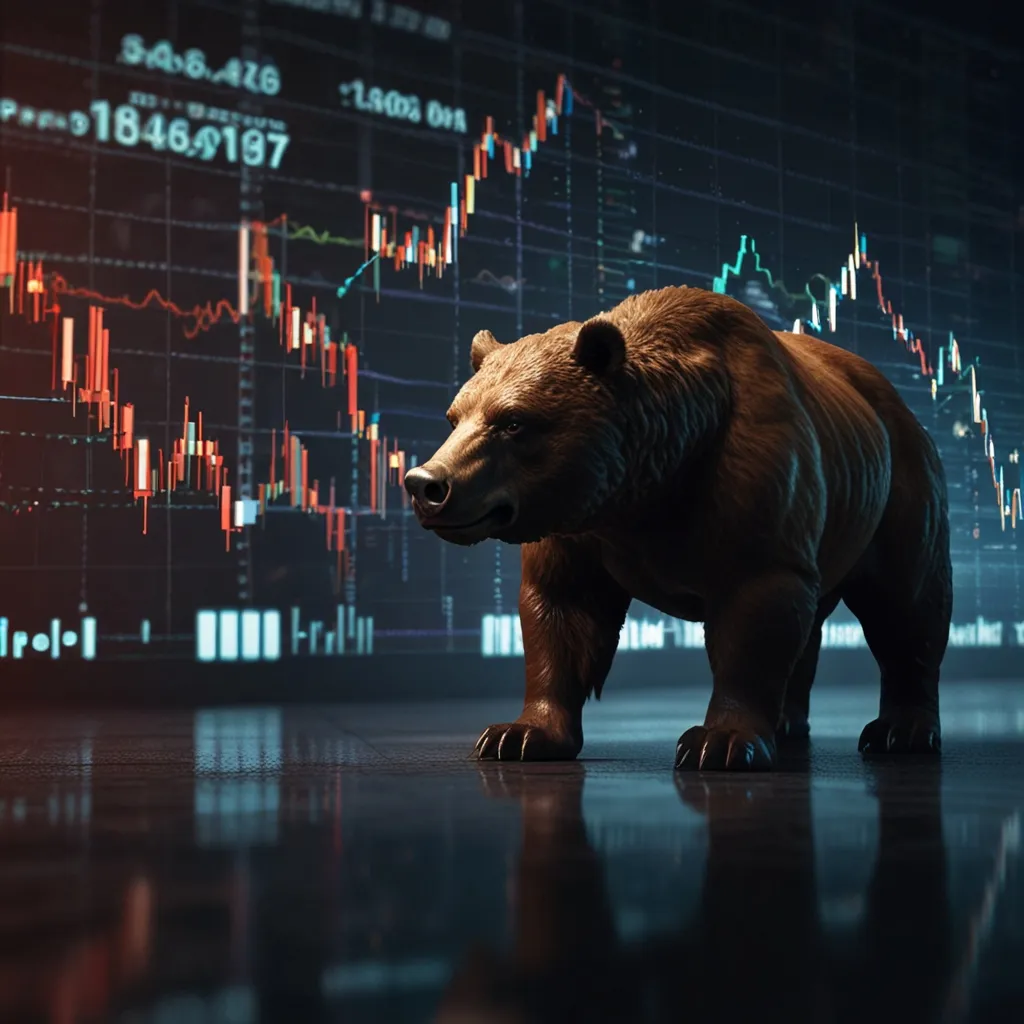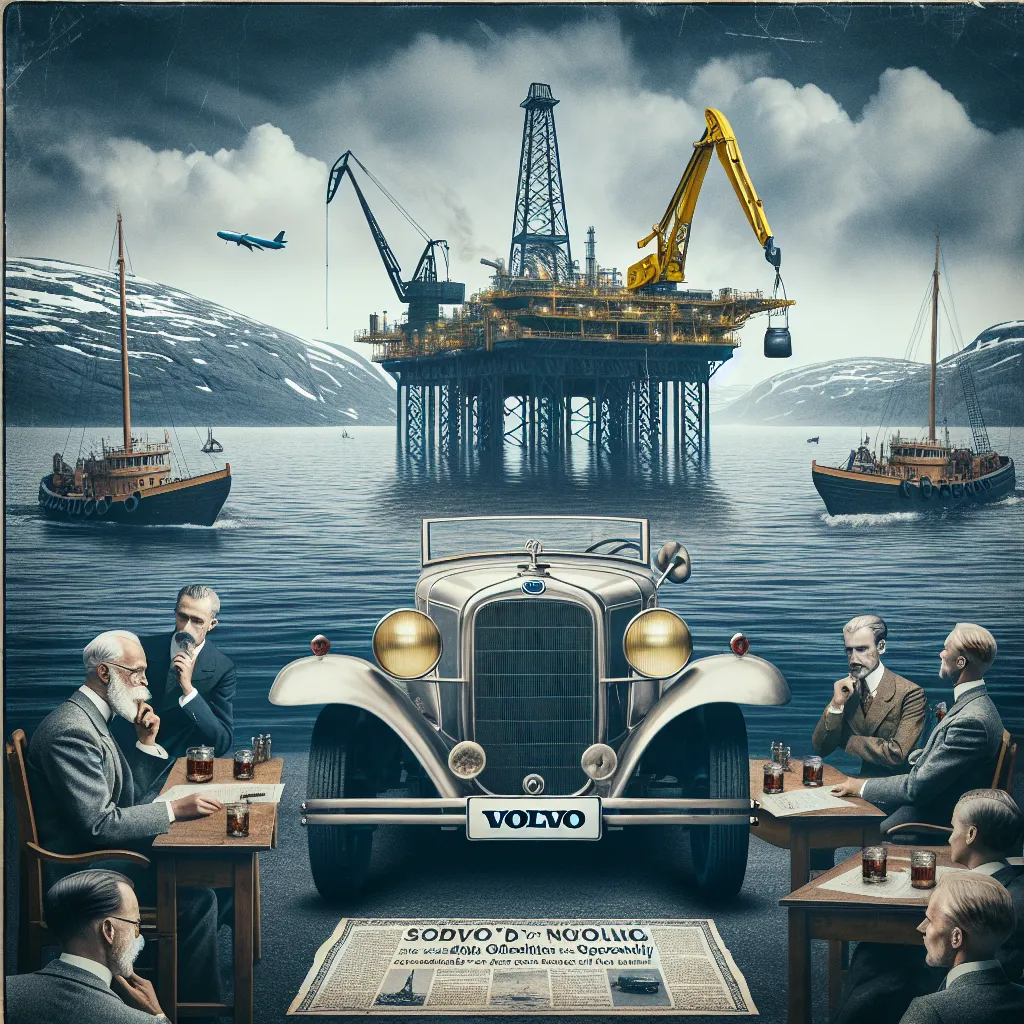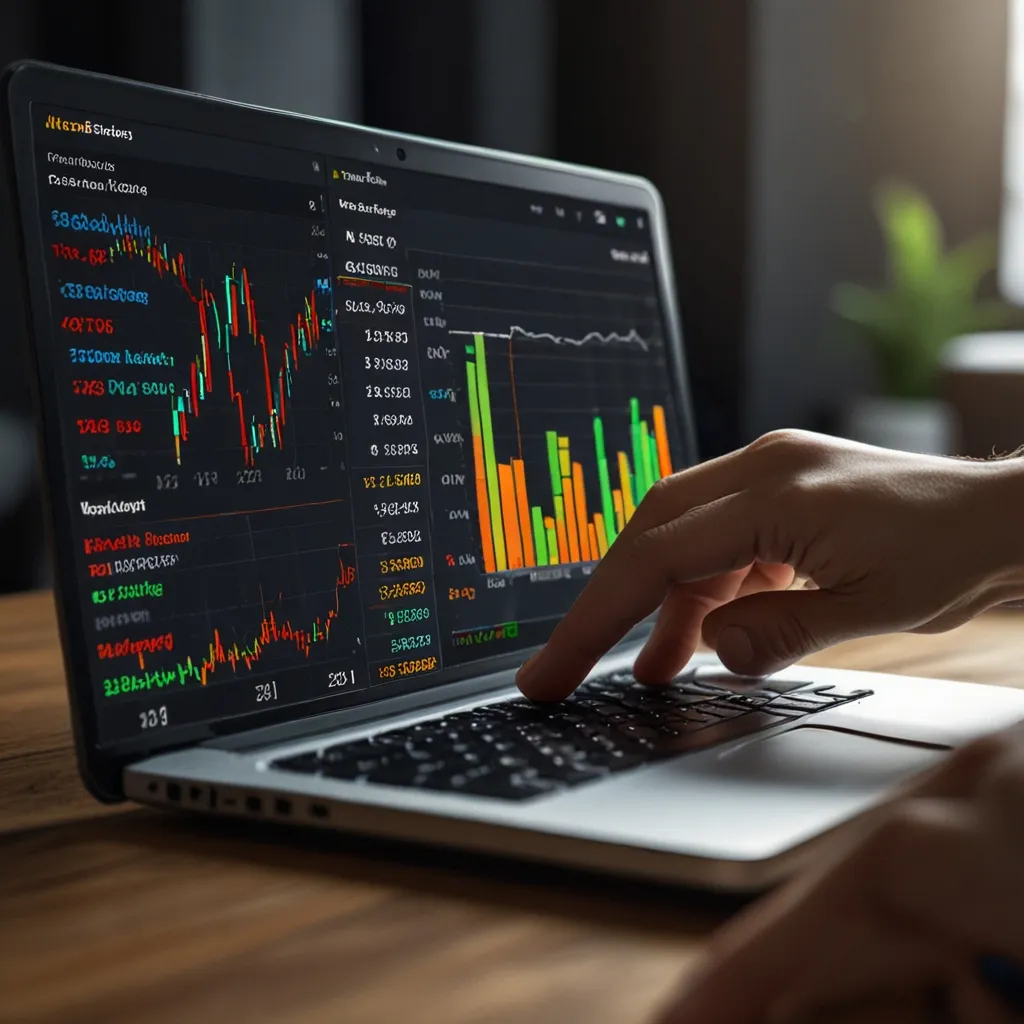Have you ever wondered where all the newspapers, cans, and cardboard boxes you recycle actually go? Unfortunately, many of these recyclables end up in the trash with everything else. Today, let’s dive into what some are calling the “end of recycling as we know it.” It might seem dramatic, but you’ll soon see how close this $100 billion industry is to falling apart.
The difference between what we recycle and what we throw away isn’t really about the materials—it’s about money. If something can be cleaned, sorted, and sold, it’s considered recyclable. But what happens when there’s no one buying these recycled materials? This is a global question now.
To understand where we are today, we need to look back 15 years. In the early 2000s, the Western world was just getting into recycling. People were careful about sorting their trash, and it felt almost criminal to throw paper into the trash bin. Back then, collected recyclables were sent to Material Recovery Facilities for sorting, processing, and bundling to be sold globally. The biggest buyer? China. They wanted the recyclables for their booming manufacturing sector.
China’s entry into the World Trade Organization in 2001 spurred massive trade. Chinese goods were exported worldwide, and empty shipping containers piled up at docks. Rather than send these containers back empty, they were filled with recyclables, making it cheaper to send recycling from Los Angeles to China than to somewhere close like Arizona.
China didn’t have its own softwood lumber industry, so they imported recycled paper. The newspaper you recycled might be read by someone in China just six weeks later. China also took in other recyclables like plastic and iron, thanks to their low labor costs.
The Western world didn’t need to build many recycling plants because China was handling it all. For example, by 2016, China was accepting 70% of the world’s plastic waste. But things changed when a Chinese documentary called “Plastic China” came out in 2016, shedding light on the grim reality of the Chinese recycling industry.
The Chinese government banned the film but had to respond to the public outcry. In 2017, China announced it would stop importing certain recyclables, including cotton, waste paper, and plastics. This was part of Operation National Sword, aimed at improving China’s internal recycling and public perception.
The recycling industry in the West was hit hard. Prices for baled plastic plummeted from $300 a ton to less than $40. China introduced strict regulations, mainly focusing on how clean the recyclables were. They wouldn’t take low-grade waste anymore. Overnight, new cleaning businesses emerged in places like Thailand and Malaysia to clean recyclables before sending them to China, creating new millionaires. But it wasn’t enough.
Without enough infrastructure to handle its own recycling, the Western world had to find new solutions. Some countries, like Canada, started imposing bans on single-use plastics to reduce waste. Manufacturers began designing better packaging, and grocery stores in Thailand and Vietnam started using banana leaves instead of plastic wrap.
New recycling technologies are also emerging. High-tech recycling plants in Sweden and the Netherlands use optical sorters that are more efficient than human labor. But even with these innovations, we need to minimize how much plastic and paper we use.
Reducing waste consumption and better recycling methods are vital. Hopefully, this shift will help us create a more sustainable future.






